Imposing special consumption tax on industries is necessary, however, it is necessary to calculate the appropriate roadmap and plan.
This information was given at the Workshop on Vietnam's economic insights in the third quarter and the socio-economic impact of the Special Consumption Tax policy on industries organized by the European Chamber of Commerce in Vietnam (EuroCham) on the morning of November 18, in Hanoi.
Special consumption tax accounts for 10-11% of total state budget revenue.
Due to the high tax rate, although the number of taxable goods is not large, special consumption tax accounts for a fairly large proportion of the state budget's tax revenue (about 10-11% of the total annual state budget tax revenue).
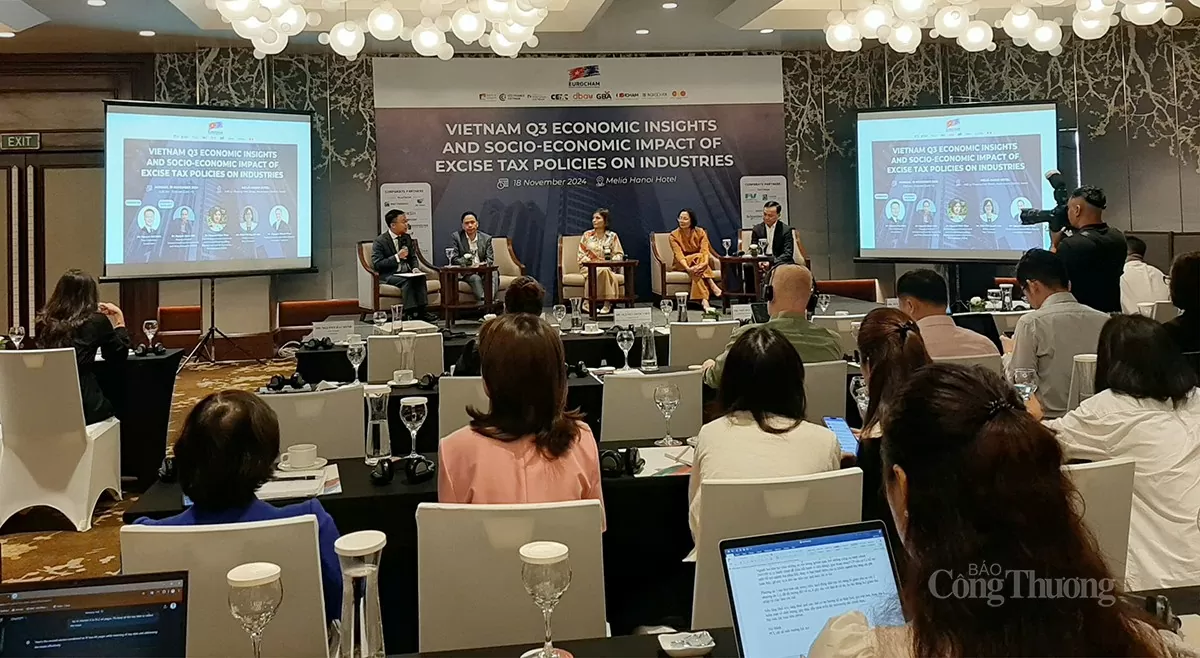 |
| Seminar on Vietnam's Q3 Economic Insights and Socio-Economic Impact of Special Consumption Tax Policy on Industries (Photo: Nguyen Hanh) |
Decision No. 508/QD-TTg of the Prime Minister dated April 23, 2022 approving the "Tax system reform strategy to 2030" sets the goal of reviewing, studying amendments and supplements to subjects subject to special consumption tax to regulate consumption in line with shifts in consumption trends in society and protect people's health and the environment; develop a roadmap to increase taxes on tobacco, beer and alcohol to limit production and consumption and implement international commitments; review and adjust special consumption tax rates on a number of goods to suit socio-economic conditions in the 2021 - 2030 period; study the application of a combination of proportional tax rates and absolute tax rates on a number of goods and services subject to special consumption tax;
Decision No. 02/QD-TTg of the Prime Minister dated January 5, 2022 approving the "National Nutrition Strategy for the period 2021-2030" also sets the goal of reviewing, developing, supplementing, and perfecting legal regulations on policy development and financial mechanisms, including imposing special consumption tax on sugary drinks...".
Among the industries most regulated under the Draft Law on Special Consumption Tax (amended) is the alcoholic beverage industry. For the beer industry alone, in 2022, the total consumption volume is 3.8 billion liters; in 2023, it is 4.1 billion liters; in 2024, the consumption output is forecast to decrease due to the impact of the general economic downturn.
According to the Draft Law on Special Consumption Tax (amended), the Ministry of Finance is proposing to maintain the relative tax model and increase the tax rate according to the roadmap until 2030 for beer products as follows: Option 1: 70% in 2026, 75% in 2027, 85% in 2028; 85% in 2029 and 90% in 2030; Option 2: 80% in 2026; 85% in 2027; 90% in 2028; 95% in 2029 and 100% in 2030.
 |
| Ms. Dinh Thi Quynh Van - Chairwoman of PwC Vietnam shared at the Workshop (Photo: Eurocham) |
According to Ms. Dinh Thi Quynh Van - Chairman of PwC Vietnam, assuming other costs and profits remain unchanged, the retail price of beer in 2030 will increase by an average of 20-30% compared to the retail price in 2025 for all three segments: high-priced, medium-priced and affordable.
Analyzing the price elasticity of demand (PE) and consumer behavior, Ms. Van said that PE in Vietnam for beer is very low, almost not affecting consumer behavior. The decisive factor in beer consumption behavior is taste and personal preference. When consumer income increases, consumers tend to switch to using beer products with higher prices.
According to market data for the period 2018-2022, when tax rates are stable, product prices in all segments increase, and average consumption output also increases (excluding the sudden and unusual impact of Covid 19 and Decree 100). At the same time, the proportion of product consumption in the high-end segment tends to increase, while the proportion of consumption in the low-end and popular segments tends to decrease.
“Assume the price elasticity of demand (PE) = 0.5%. However, consumers may react more negatively when retail prices increase sharply and suddenly due to the impact of tax policy,” Ms. Van said.
Analyzing possible scenarios when special consumption tax increases sharply, according to Ms. Van, consumption output naturally decreases by 1%/year, natural price increase by 1%/year, PE 0.5%, manufacturers increase prices to offset 50% of the additional cost of special consumption tax. By 2030, total consumption and revenue of the whole industry will decrease sharply. Thus, state budget revenue increases, but not sustainably.
Therefore, Ms. Dinh Thi Quynh Van suggested that the special consumption tax on the beer industry needs to be carefully considered and assessed for impacts from all aspects. It is necessary to delay the tax increase schedule to avoid shock increases that negatively affect the market and the industry. At the same time, it is necessary to consider changing the tax model to be consistent with international experience and practice.
Need to calculate the route and plan appropriately
Dr. Nguyen Minh Thao - Head of the Business Environment and Competitiveness Department - Central Institute for Economic Management - commented that in recent times, beer enterprises have been continuously affected by shocks that have reduced their resilience and eroded their competitiveness. Therefore, during this period, the Government needs to focus on policies to support business recovery; amend and supplement legal documents in a way that facilitates businesses instead of issuing regulations that may negatively affect production and business activities.
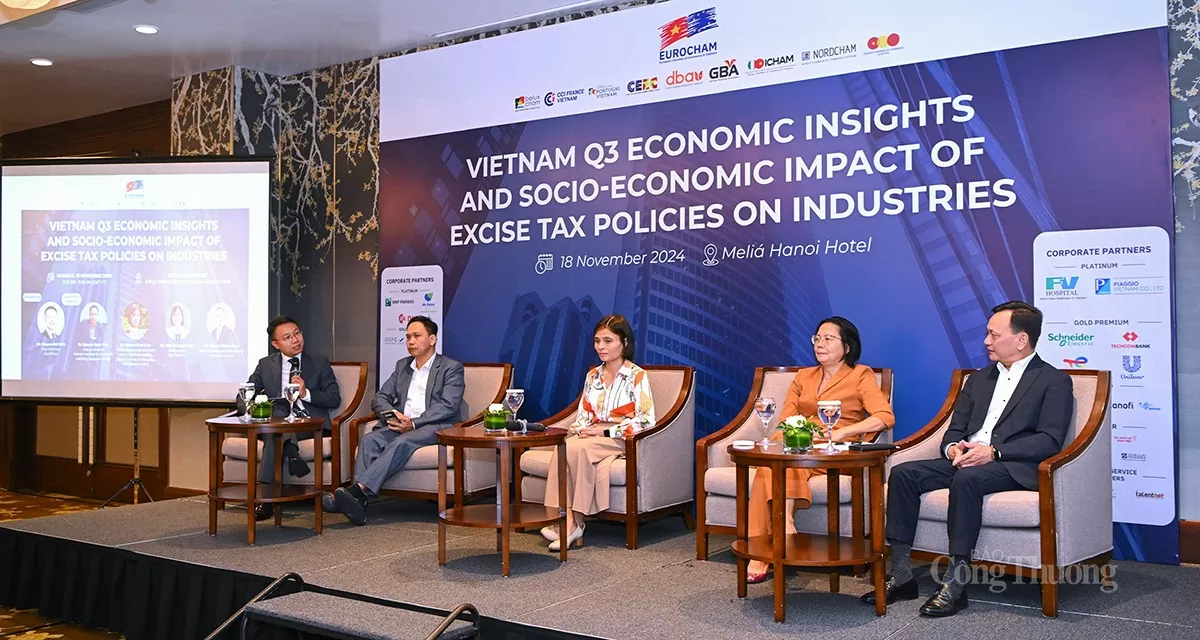 |
| Seminar on Vietnam's Q3 economic insights and the socio-economic impact of special consumption tax policies on industries (Photo: Eurocham) |
The special consumption tax policy on beer will affect 21 other sectors in the economy. To achieve more harmony in goals, reduce negative impacts on the economy to a lesser extent, ensure a relatively stable level of policy, limit risks affecting employment opportunities and income of workers, and therefore social security issues, Dr. Nguyen Minh Thao proposed to apply special consumption tax on this item later (from 2027) and with a 2-year roadmap, it will help businesses have enough time to collect data and adjust production and business plans.
Dr. Nguyen Minh Thao also recommended that state management agencies consult widely with subjects affected by the policy; explain clearly, transparently, and publicly to comments. Simultaneously apply many different management tools to regulate consumption. Improve the effectiveness of inspection, examination, and supervision of food and beverage quality, etc.
 |
| Dr. Nguyen Minh Thao - Head of the Department of Business Environment and Competitiveness - Central Institute for Economic Management shared at the Workshop (Photo: Eurocham) |
“People and businesses expect a suitable tax policy to create motivation and entrepreneurial spirit, ensure state management goals, and at the same time achieve the goal of regulating consumption,” Dr. Nguyen Minh Thao.
According to Thao, one of the tools to increase state budget revenue is to increase taxes, however, this will affect businesses and inter-industry. Obviously, this is a challenging goal, what level of increase is appropriate, ensuring the existence and nurturing of long-term revenue sources; what is the roadmap to increase to strengthen business confidence of businesses.
 |
| Mr. Nguyen Thanh Phuc - Director of External Relations of HEINEKEN Vietnam shared at the workshop (Photo: Eurocham) |
From a business perspective, Mr. Nguyen Thanh Phuc - Director of External Relations of Heineken Vietnam - said that increasing taxes affects the value chain of small and medium enterprises (SMEs); restrains the development momentum of enterprises; negatively impacts social security; and increases the risk of illegal trade.
To create a stable environment for the beer industry to recover, Mr. Nguyen Thanh Phuc proposed to keep the special consumption tax rate unchanged for one year from 2026 when the revised law takes effect, meaning the first tax increase will be in 2027. After that, to let consumers gradually adapt to the new price due to the increase in special consumption tax, we recommend that the tax be increased once every 2 years and each time by 5%, until 2031 when it increases to a maximum of 80% and remains stable.
“Instead of focusing on increasing taxes, let’s step up the implementation of a comprehensive set of solutions by changing consumer behavior in a positive direction through propaganda programs and raising awareness about the safe and responsible use of alcoholic beverages,” said Mr. Phuc.
 |
| Dr. Nguyen Quoc Viet - Deputy Director of Vietnam Institute for Economic and Policy Research (VEPR) (Photo: Eurocham) |
Dr. Nguyen Quoc Viet - Deputy Director of the Vietnam Institute for Economic and Policy Research (VEPR) - commented that if only considering the State budget revenue and expenditure, this year was relatively successful in ensuring the state budget revenue, expected to exceed the estimate by 10% of 2024.
The 2025 state budget estimate has just been approved by the National Assembly. Accordingly, the state budget revenue in 2025 will increase by 15.6% compared to the 2024 state budget estimate. However, how to increase it, we must not "shoot ourselves in the foot" because of the pressure to increase budget revenue.
"We do not simply look at the impact of the special consumption tax policy on a single industry or look at it from the perspective of price elasticity of demand, but need to look at the overall picture of 22 economic sectors," Dr. Nguyen Quoc Viet shared and said that nurturing sustainable revenue sources, emphasizing direct taxes, how to ensure income not only provides social security for workers but also contributes to the process of sustainable national budget collection.
Source: https://congthuong.vn/thue-tieu-thu-dac-biet-doi-voi-cac-nganh-cong-nghiep-cac-chuyen-gia-doanh-nghiep-kien-nghi-gi-359462.html








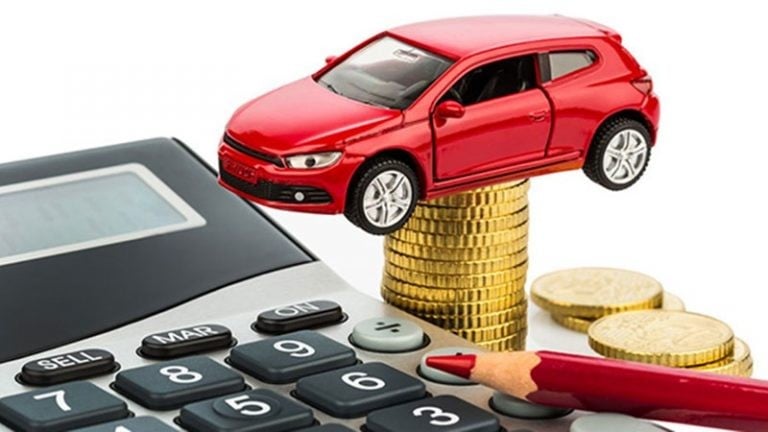

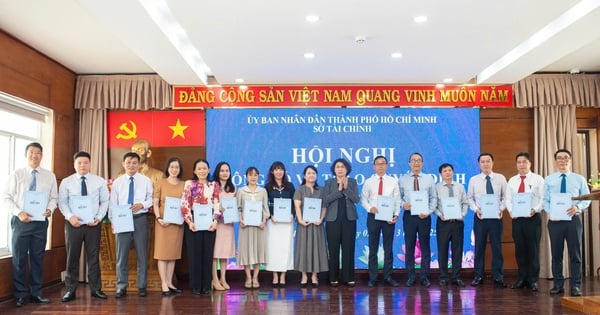

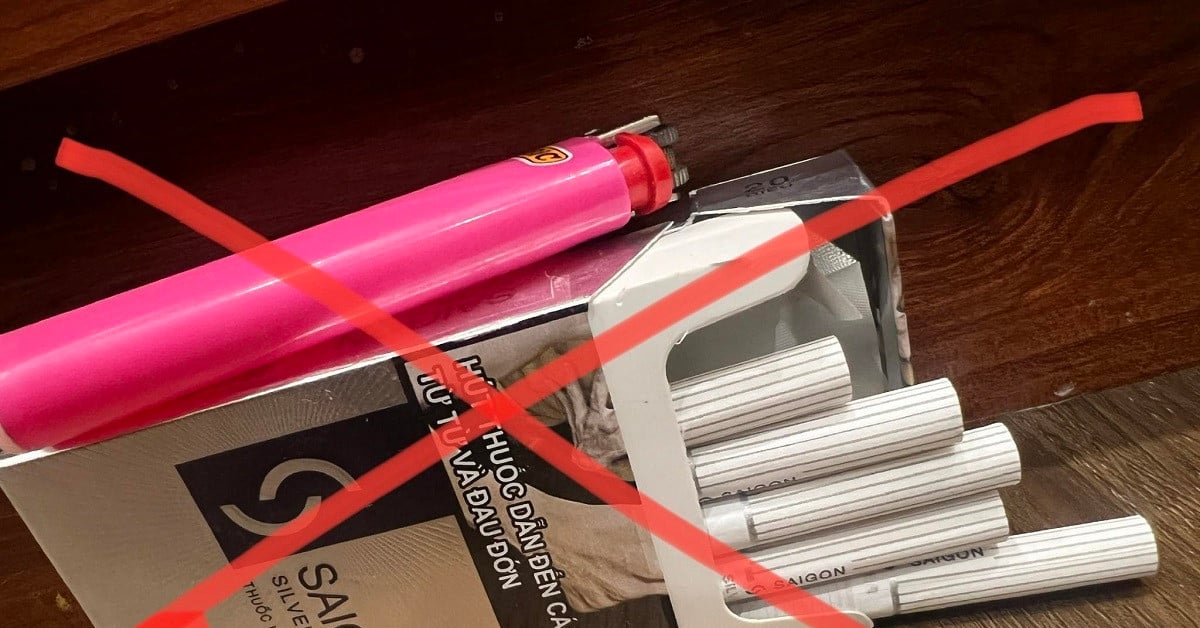

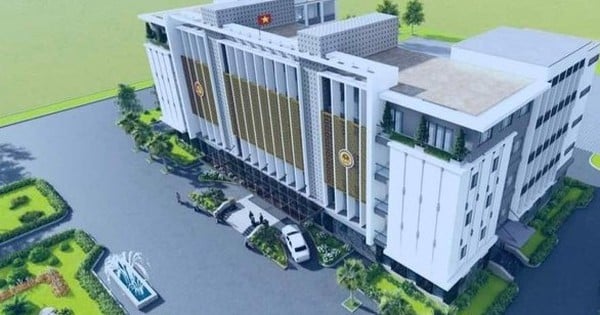
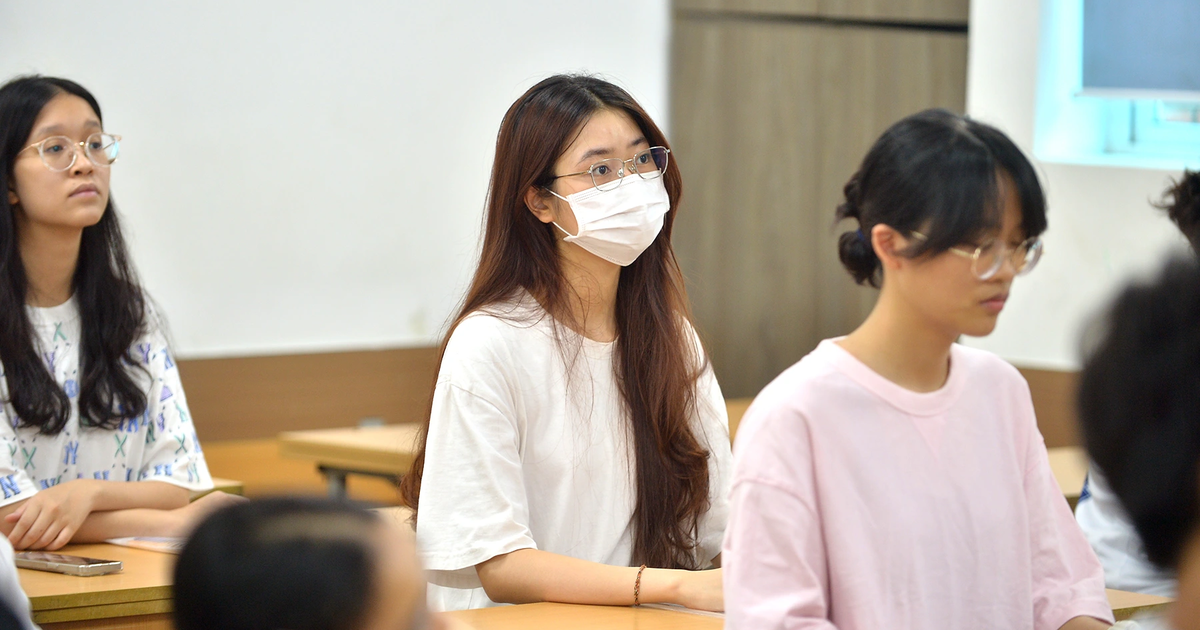

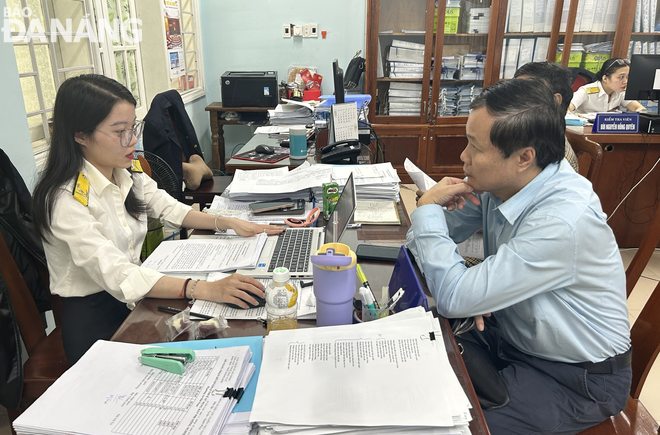



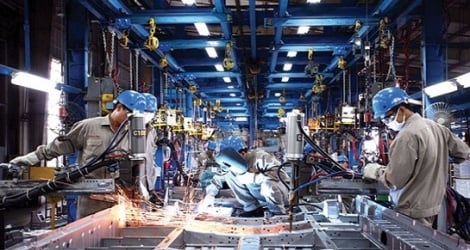
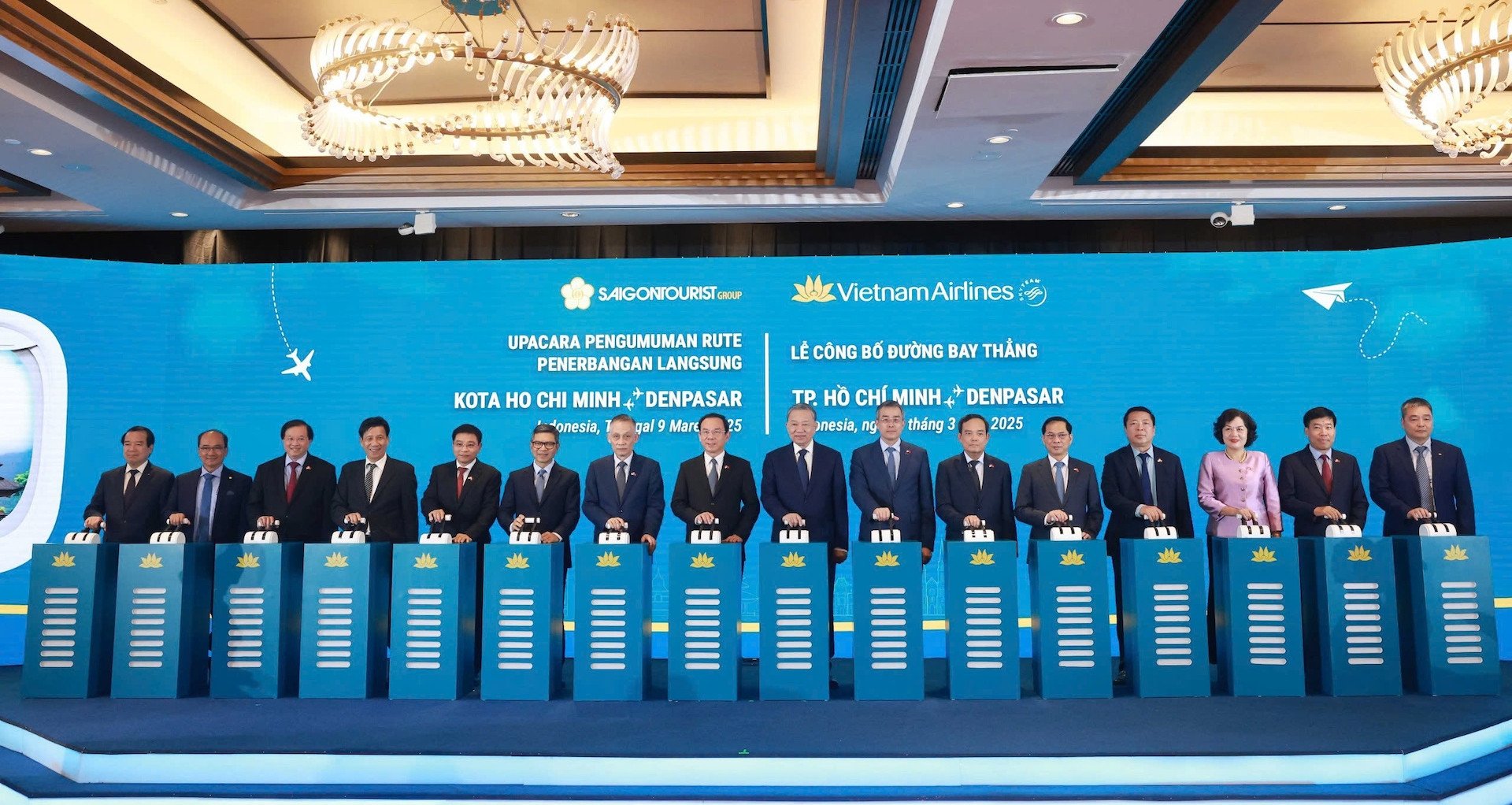
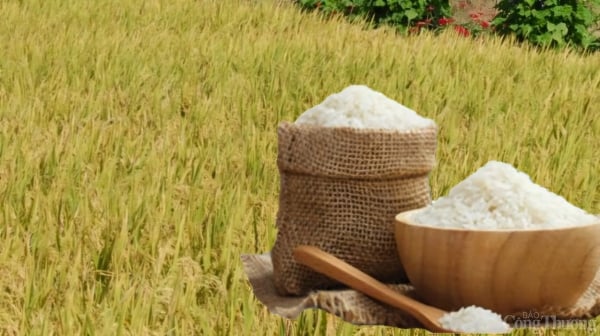

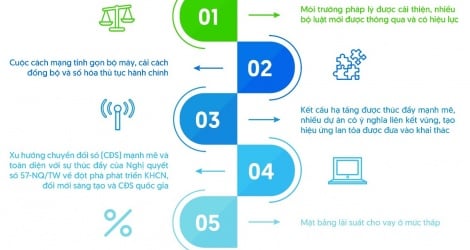



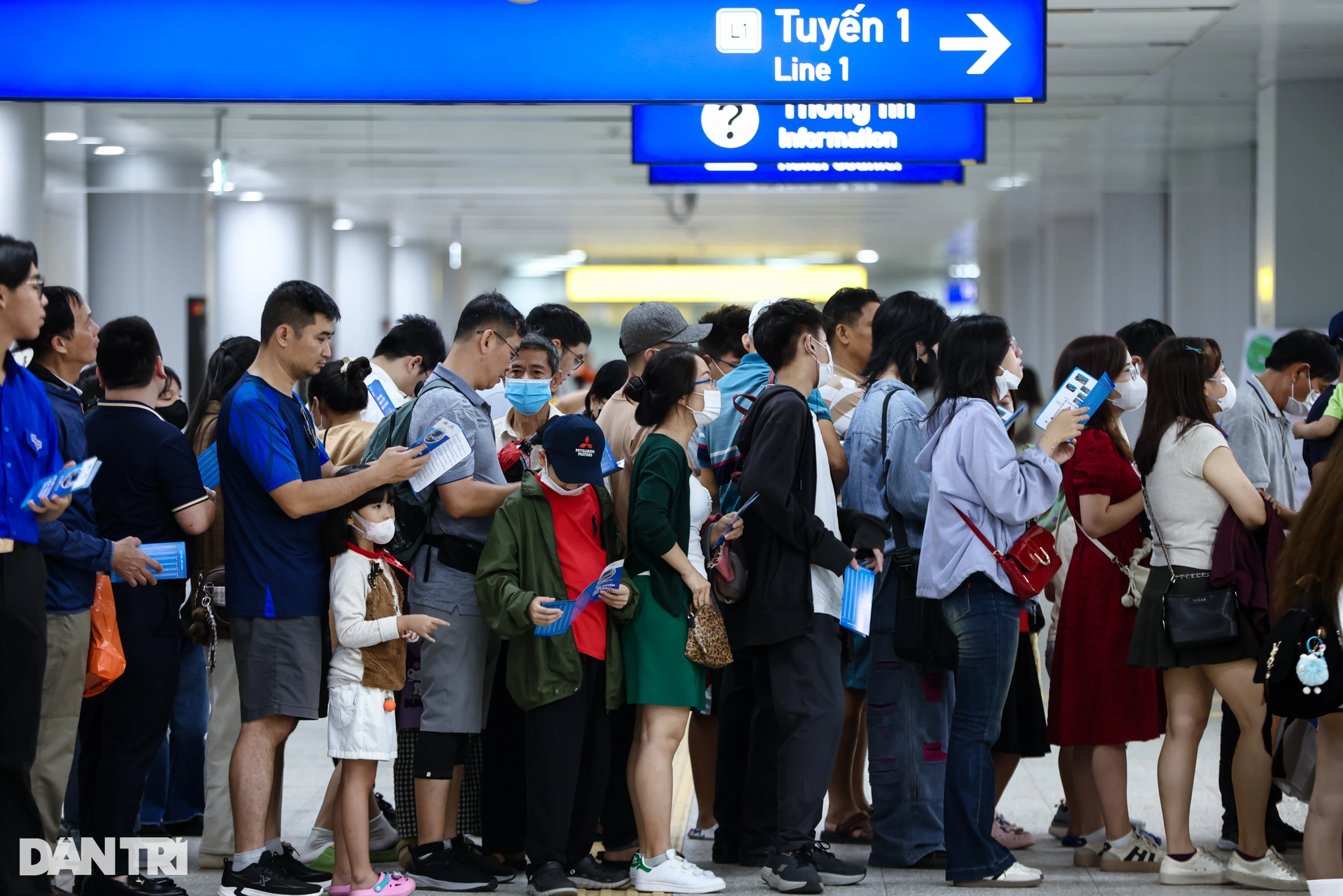

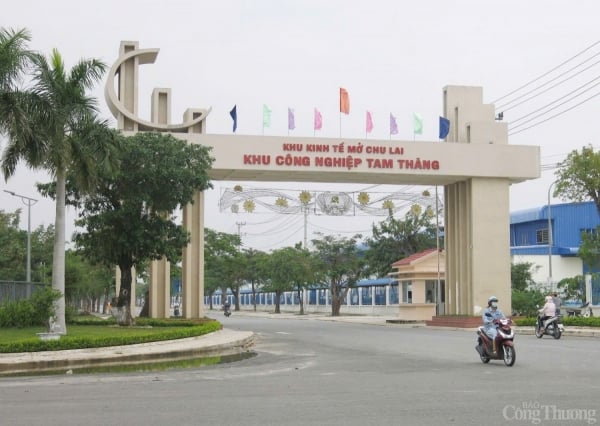
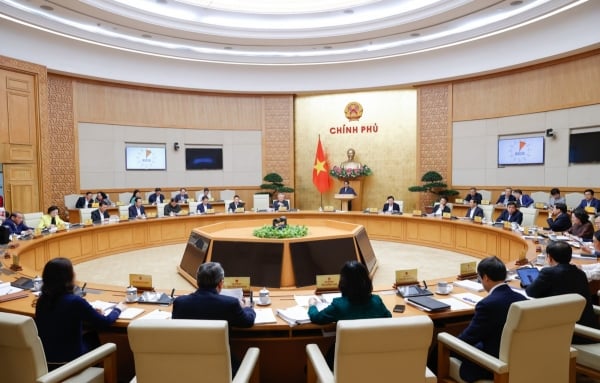
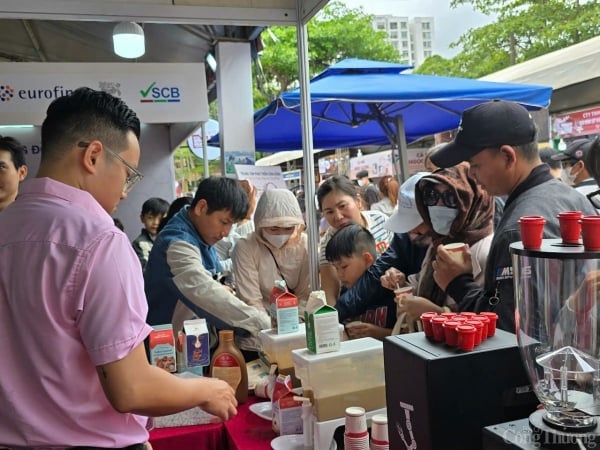
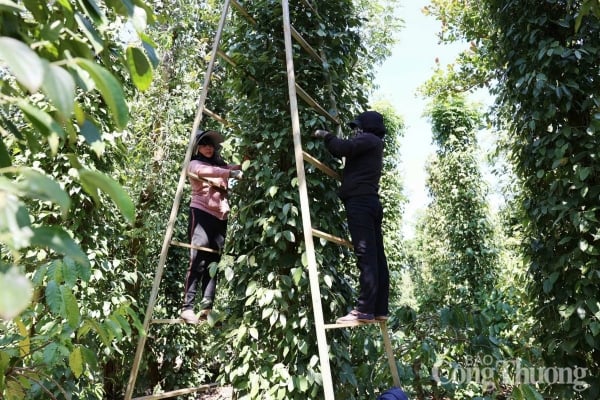
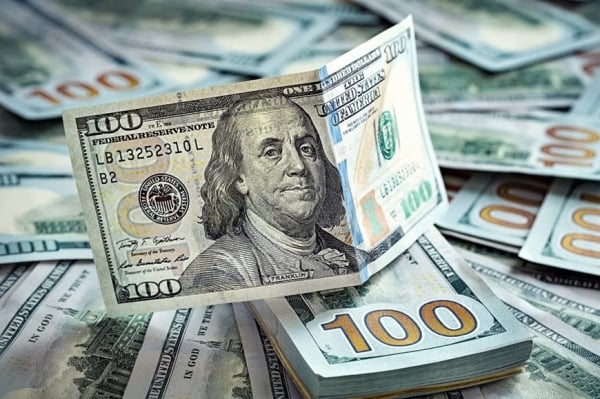























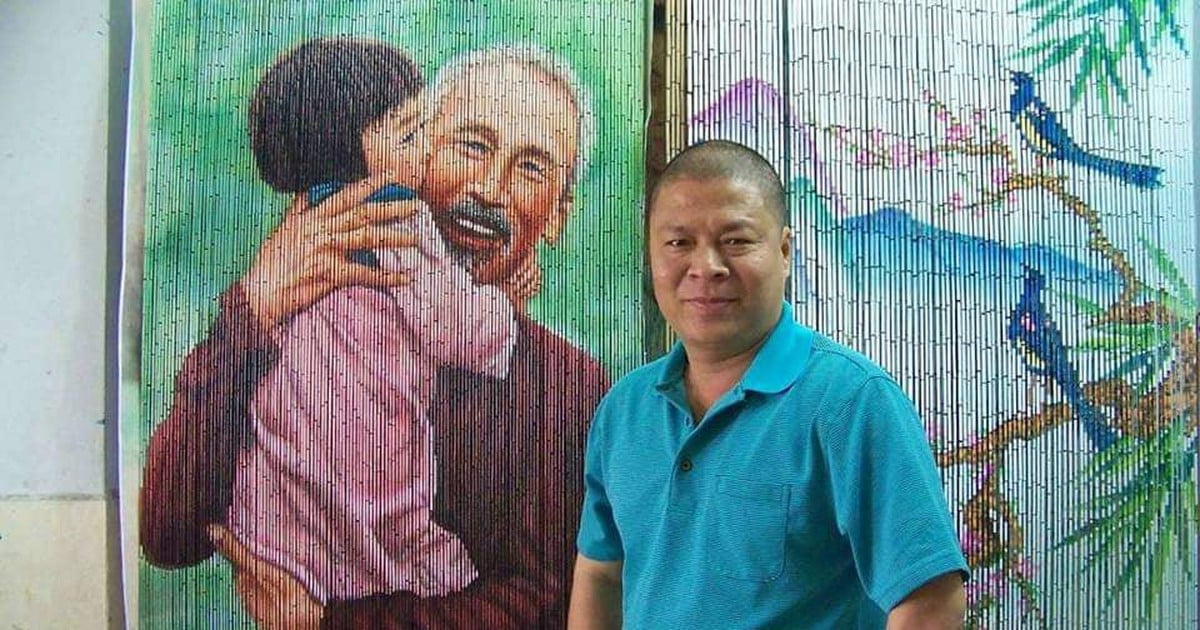








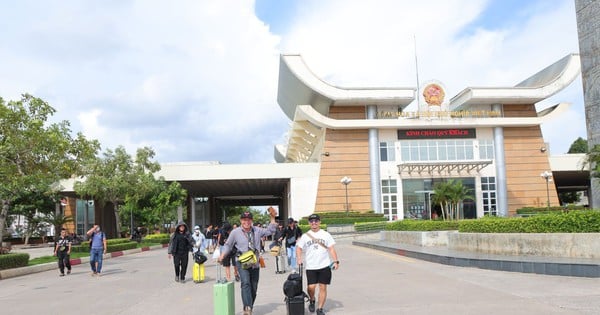

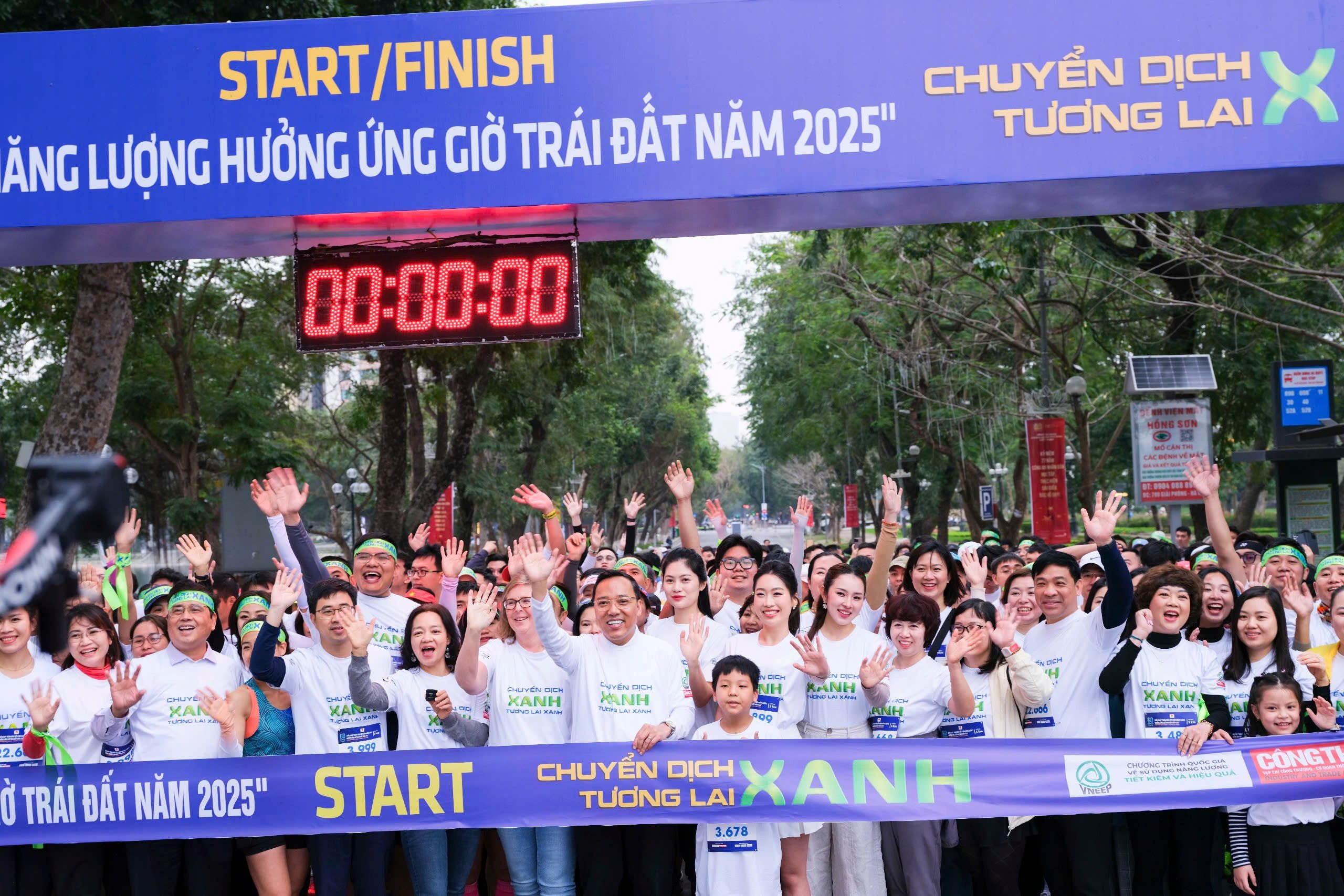















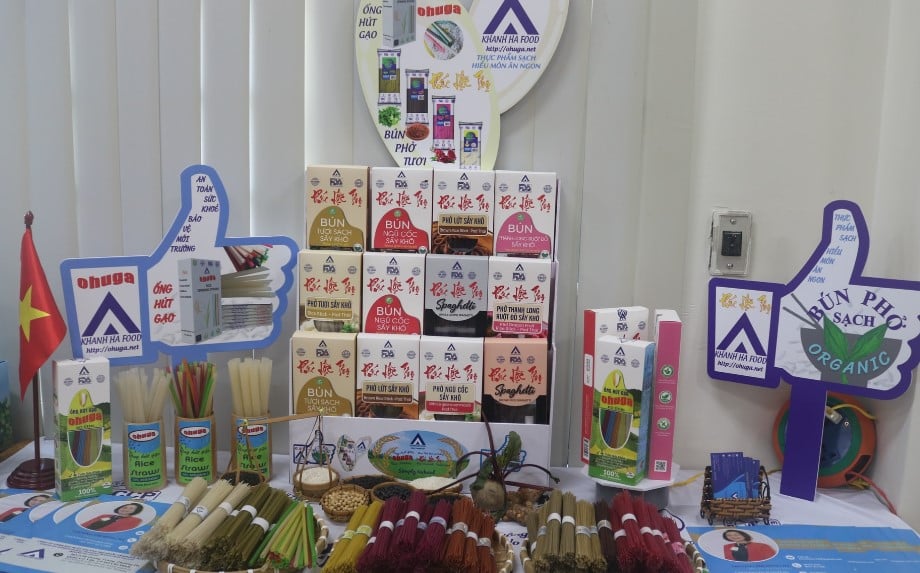

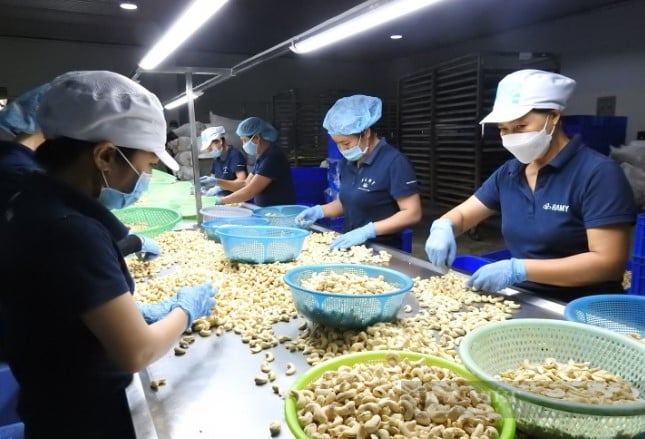
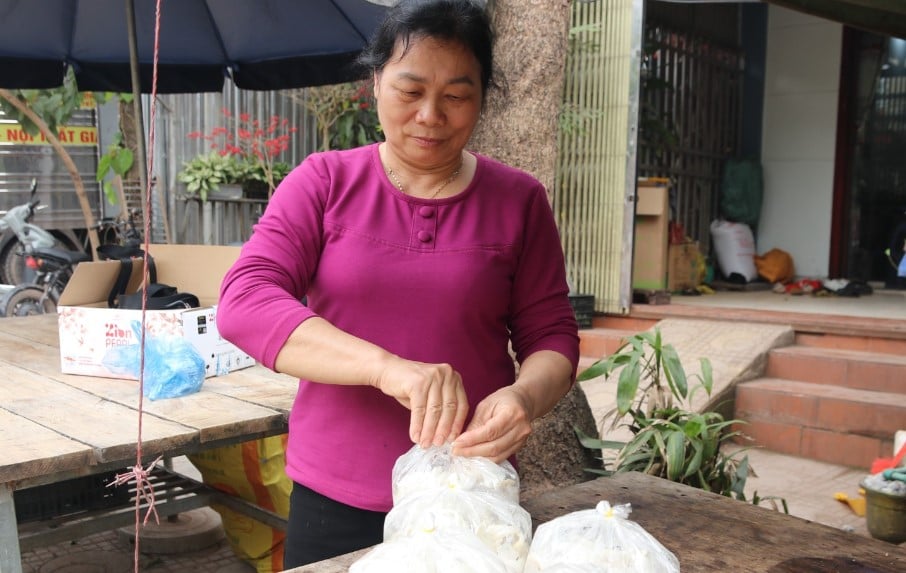

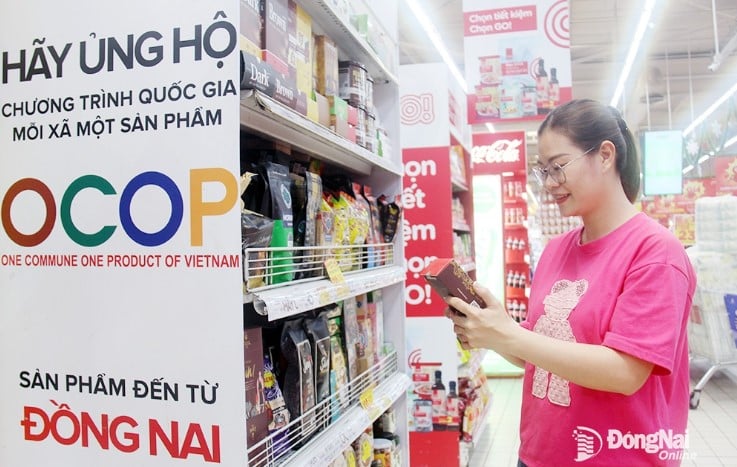
Comment (0)